This is the story of a $20 billion disaster that did not happen.
Last month, while the United Nations General Assembly was meeting in New York City, I attended some programming on the summit’s sidelines together with my colleagues from the National Council on U.S.-Arab Relations. Among them were meetings to learn more about the ongoing conflict and crisis in Yemen. While the situation in Yemen remains dire after 8 years of war, there is a recent bright spot for proactive international efforts: the successful operation to offload oil from the decaying Safer storage tanker. This enormous undertaking has prevented what could have been a colossal environmental disaster that exacerbated the situation in Yemen, and wreaked environmental, economic, and humanitarian havoc in the Middle East region.
Located on the southwestern end of the Arabian Peninsula, Yemen is beloved by those familiar with its varied landscapes and its warm, smart, kind, and generous people. It is bordered by the Red Sea to its west and the Gulf of Aden to its south. The Romans called it Arabia Felix—Fortunate (and Fertile) Arabia. In the United States, one is most likely to find Yemen identified with the Queen of Sheba (also known as Bilqīs or Makeda, she is one of the few female figures who appears in sacred texts of all three Abrahamic faiths: Judaism, Christianity, and Islam), coffee (Yemenis are believed to be among the first to popularize the beverage), and the port of Aden (one of the most famous hubs in the world, connecting maritime traffic between Africa, Asia, and the Middle East).
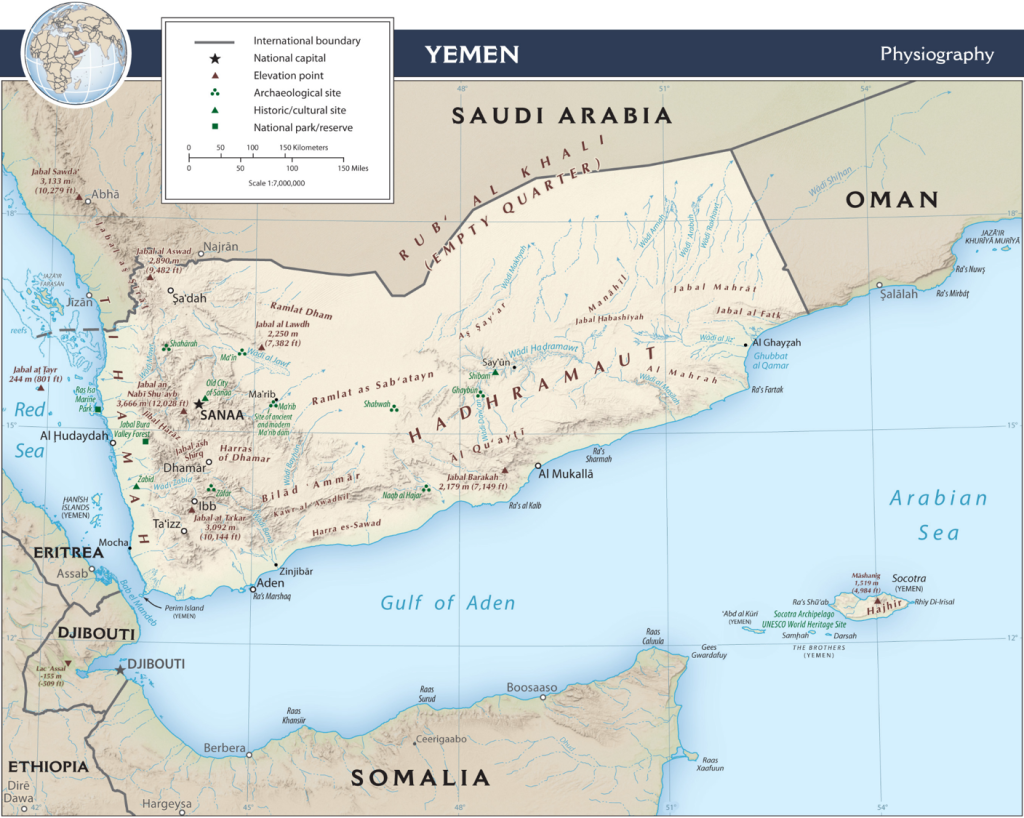
Map of Yemen, 2012.
The past decade has seen Yemen embroiled in its fourth civil war in the post-World War II period. Its proximate cause was the response of the Zaidi Shiite-Houthis to the outcome of an all-inclusive National Dialogue Conference, which concluded in 2014. Displeased with the outcome of that political process, the Houthis’ militias, with resources and support from Iran’s government, seized Yemen’s capital of Sana’a in 2015. That subversion of law and order in Yemen touched off a conflict that has resulted in what has been described as the world’s worst humanitarian crisis.
One of the poorest countries in the Arab region even before the most recent stretch of violence, Yemen has been placed in a very precarious situation. Eight years of conflict, compounded by economic collapse, natural disasters, and the COVID-19 pandemic, have taken a toll on Yemenis’ ability to live with the dignity and meaning that all people deserve. The UN reported several months ago that this year “a staggering 21.6 million Yemenis require some form of humanitarian assistance as 80% of the country struggles to put food on the table and access basic services.”
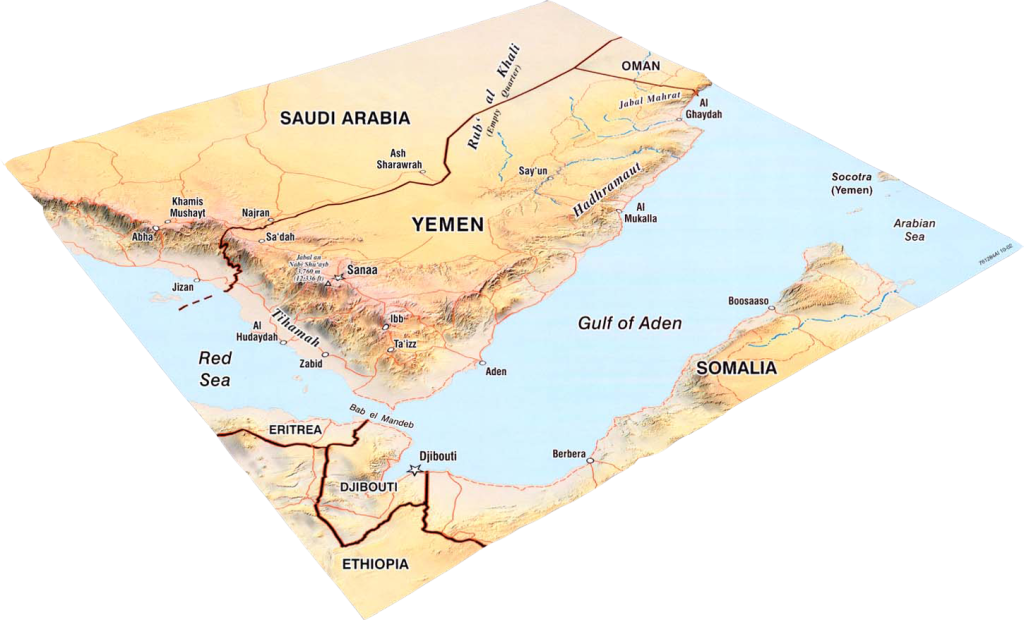
Relief map of Yemen, 2002.
The National Council has a long history of engagement with Yemen through its founding President & CEO Dr. John Duke Anthony. Appreciating the richness of its cultural heritage, its natural beauty, the incisive and joyful qualities of the Yemeni people, and its long history, the Council has taken twenty delegations of American educators to the country, enabled hundreds of U.S. students to live and study Arabic in Sana’a, and sponsored educational programs about Yemen in Washington, D.C. Most recently, the Council partnered with a Yemen-based non-profit foundation dedicated to enhancing youth capabilities toward promoting peace – the Adalah (meaning “Justice” in Arabic) Foundation For Legal Development – to bring the Council’s Youth Leadership Development Model Arab League Program to Mukalla, Hadhramout.
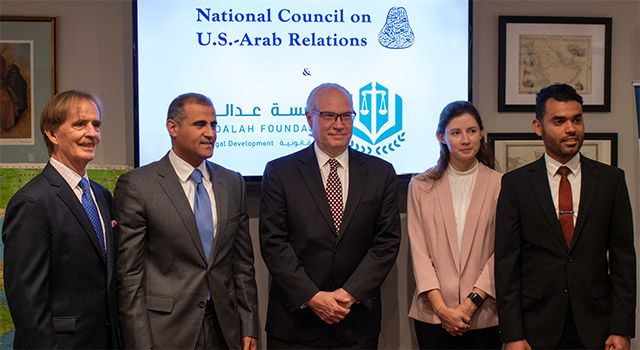
A cooperation agreement between the National Council and Yemen’s Adalah Foundation was executed last year. The two non-profit groups collaborated to bring the National Council’s Youth Leadership Development Program / Model Arab League to Yemen. The program involves an experiential learning exercise where students have the opportunity to practice representing the needs and interests of someone other than themselves during the course of simulating a diplomatic summit.
Continue reading »
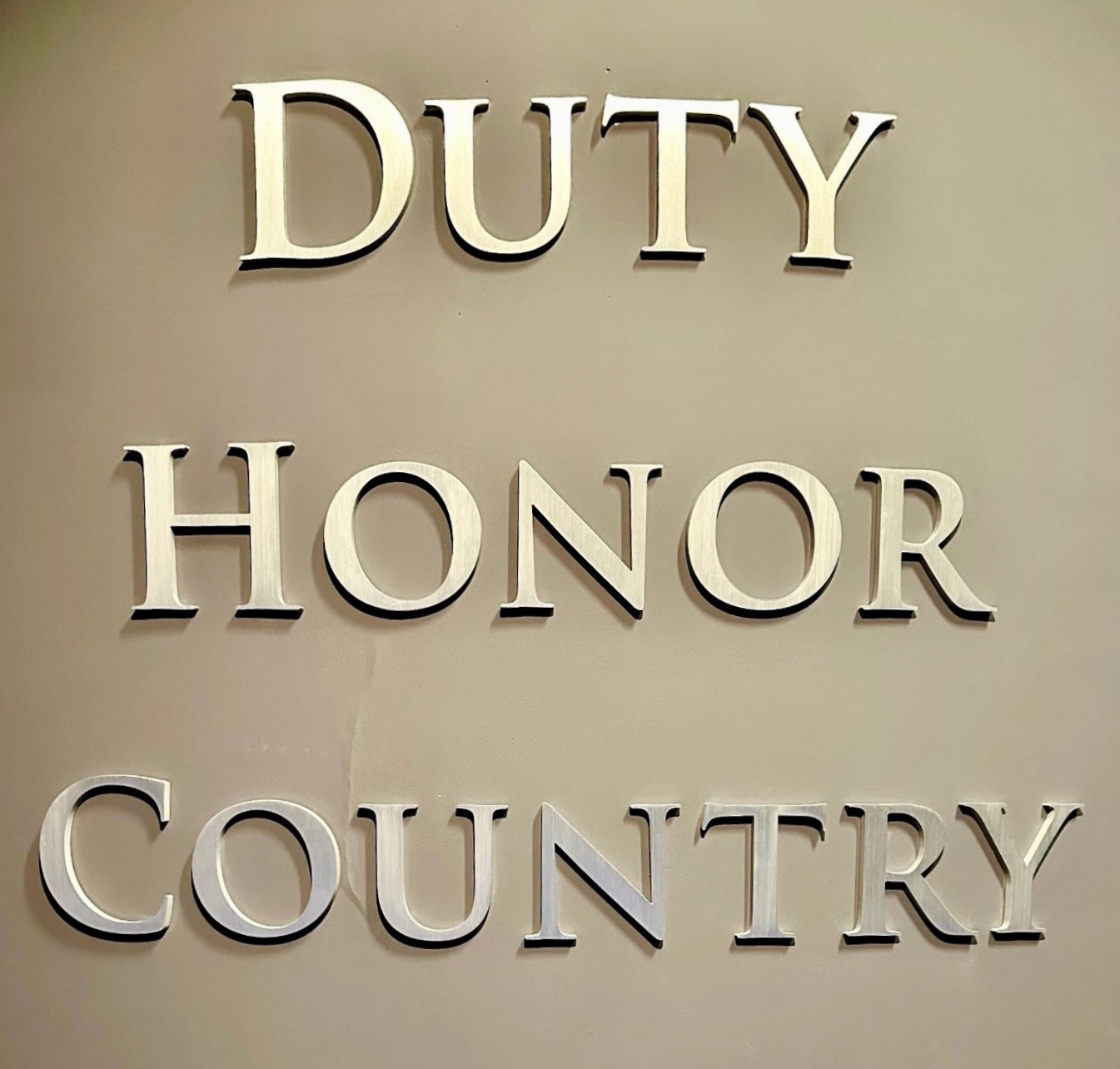



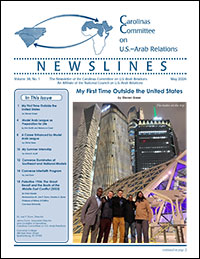
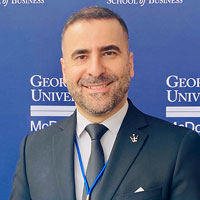
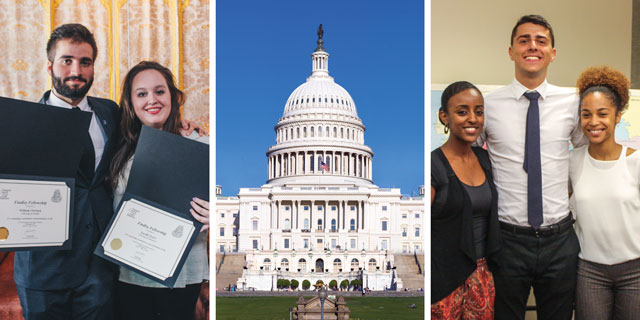
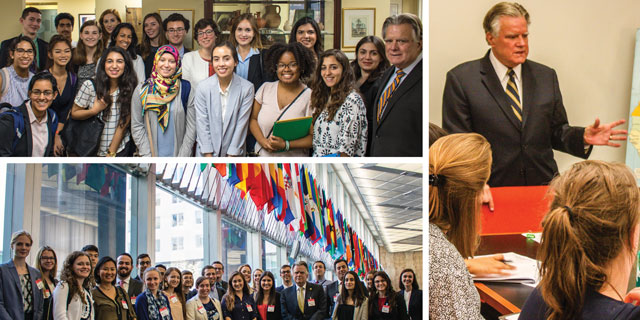
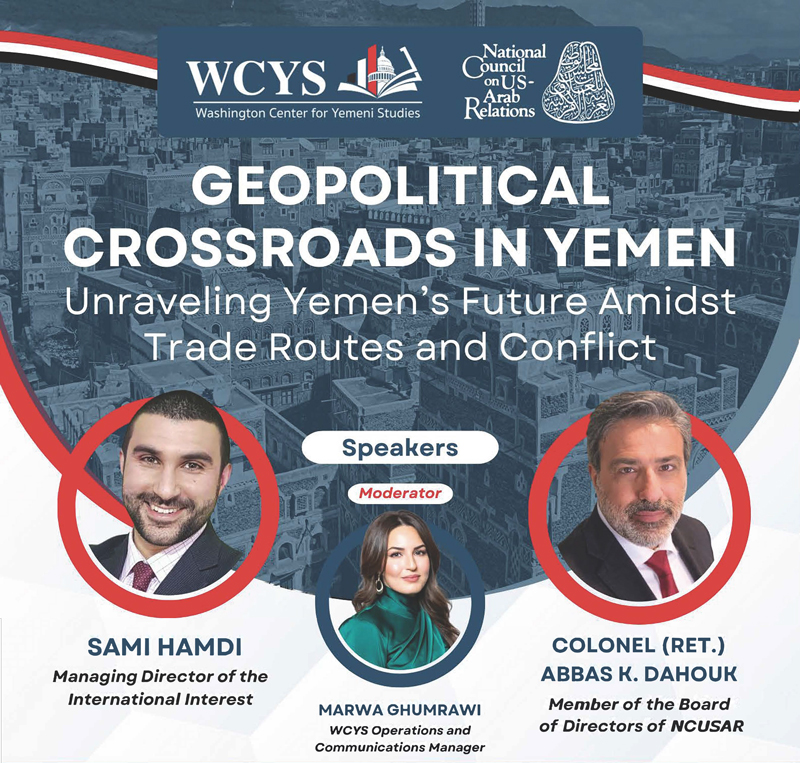



You must be logged in to post a comment.